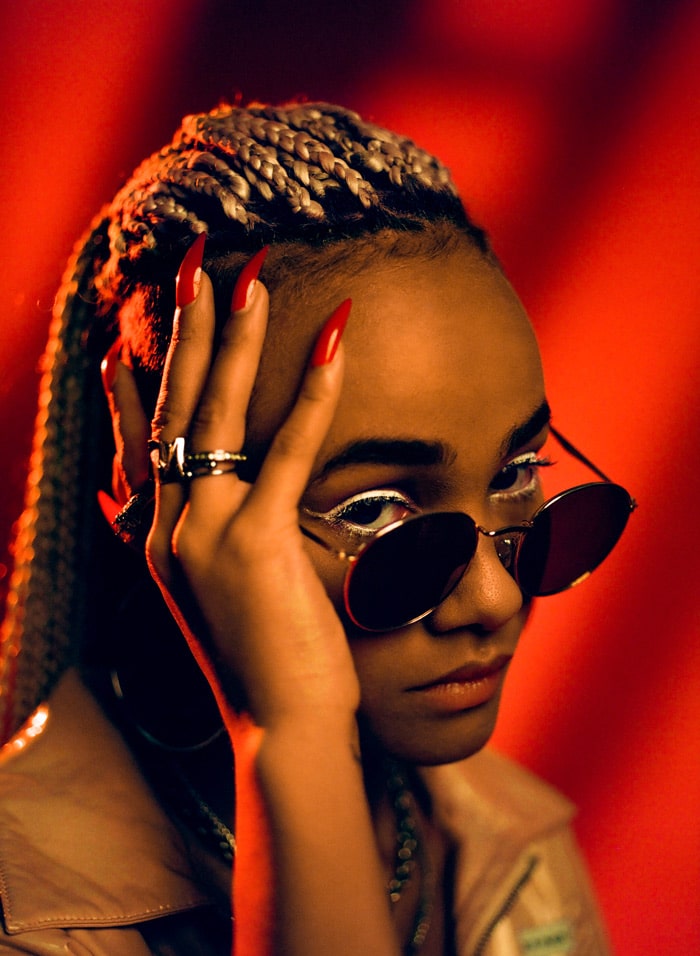
Opinion
Oscar-nominated short film ‘Hair Love’ is a breath of fresh air among the largely white, male and cisgender nominees
By Marcia Veiga
Opinion
Oscar-nominated short film ‘Hair Love’ is a breath of fresh air among the largely white, male and cisgender nominees
By Marcia Veiga
Updated May 18, 2020 at 05:18 PM
Reading time: 2 minutes
Entertainment
Jan 30, 2020
The reveal of this year’s Oscar nominations has caused yet another uproar. With the female exclusion of nominees—of both actresses and directors—on its forefront, many took to Twitter for reconciliation attempts and news outlets probed sexism, as well as outdated traditions, as their themes for the week. One short animation not only gained momentum but also landed a well-deserved nomination for Best Animated Short Film. Written, produced and directed by Matthew A. Cherry, Hair Love highlights a shifting focus of black narratives.
The enthralling six-and-a-half-minute animation follows the journey of an African American girl—trying to upkeep her sensational views of beauty by shadowing a hair tutorial, with a little help from her supportive father. It’s crucial to mention that throughout the film, the girl, father or cat were not given any speaking opportunities, but the only lines we hear are, “Just took a little bit of work and a whole lot of love,” from the Youtube vlogger—later revealed as the young girl’s mother, voiced by Issa Rae, who also expressed her thoughts about the recent Oscar nominations. “Congratulations to all these men,” were her choice of words.
In 2017, Cherry turned his gaze to fundraising on Kickstarter. Initially, the goal was to raise $75,000 for the short animation, however it ended up raining over $300,000. According to Kickstarter, no other short film project has ever beaten that. I soon discovered that the inspiration behind Zuri’s father Stephen was Cherry himself.
As the buzz surrounding the moving picture began to grow, Cherry stated that he “wanted to see a young black family in the animated world,” so he decided to create the cartoon himself. From my personal standpoint, that just validates the crucial necessity of this project and why Cherry was the perfect candidate for the job. Hair has and will always remain an integral feature of black history, especially for black women as it dates back to early African civilisations of tribe recognition to hair braiding for the creation of escape maps during slavery. Matthew A. Cherry has not only paid homage to black women’s history, but he has also watched, listened and paid tribute to another black family’s personal experiences.
The film screamed representation, and three seconds into the animation, you’re blessed with child-like drawings of a family of three black identities. Although that may seem like a small factor, that is a rarity in today’s animated film landscape. Back in 2009, Disney released their first-ever animation featuring a black female protagonist and I was exhilarated.
Fast forward 11 years, and I’m exasperated at how problematic that introduction was. Firstly, unlike what The Princess and the Frog taught young kids, not all black children were raised by single mothers. Although Tiana’s father was briefly mentioned, Disney lacked the respect to even credit the male figure in a young Black women’s life. For a few minutes into watching Hair Love, I was under the impression that the movie was pushing another single parent narrative, and while this one varied (it being a father), it’s still the same principle. Cherry proved me wrong and even granted me additional access to another storyline. The relationship of a cancer patient mourning the loss of their hair.
The all-embracing short animation deconstructs multiple black aimed stereotypes and transformed them into norms, making it the kind of content I would want future generations to grow up watching. It encompasses many storylines without having anyone speak, instead, the intricate details and act of imagery are enough. Representation is the organic fuel of growing up and due to former NFL wide receiver Matthew A. Cherry, young black girls will grow up with the normalisation of their curl-patterns and the ongoing battle of how to style it.
Having YouTube as the connecting factor evokes the argument that technology is an ever-present method of education in today’s age, and marks its essential requirement for the future black hair movement of post relaxers and parents lacking a clue. It’s something my parents and I could have used for inspiration instead of turning to outdated print magazines.




